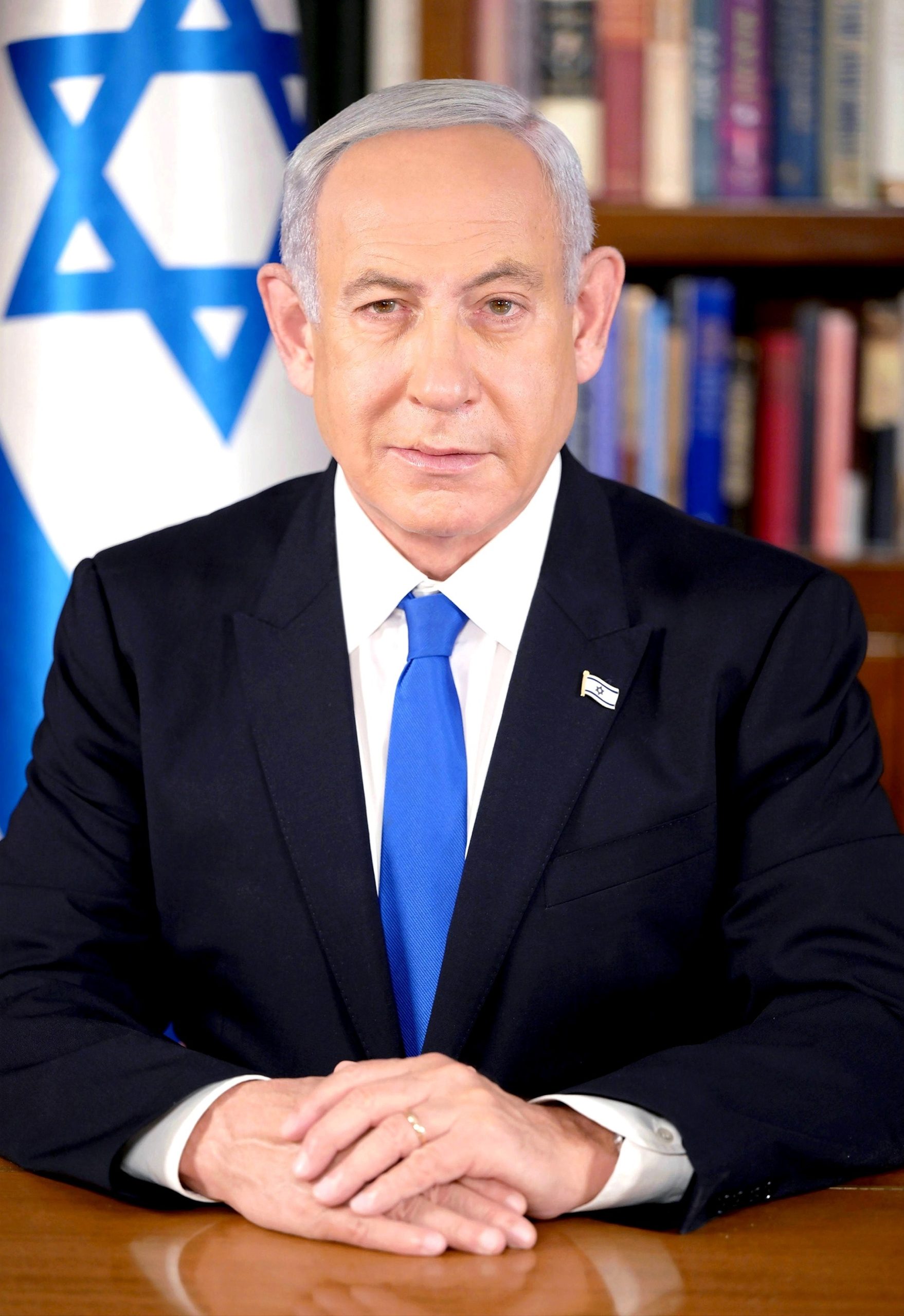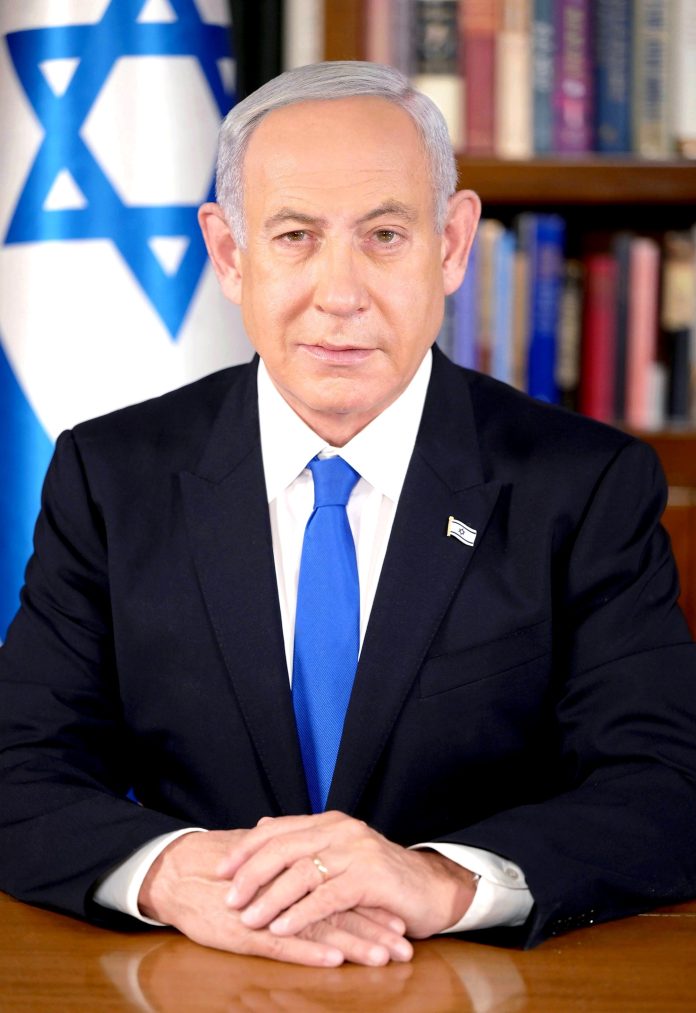Israeli Prime Minister Benjamin Netanyahu finds himself at the center of a seismic political and legal controversy after an international arrest warrant was issued against him on November 21, 2024. The warrant, which stems from corruption allegations, has shaken Israel’s political landscape and created ripples across the global stage.
Background on the Allegations
Netanyahu has long faced accusations of corruption, including bribery, fraud, and breach of trust. These charges, which date back to his earlier terms in office, involve allegations of accepting expensive gifts from wealthy associates and attempting to manipulate media coverage. While Netanyahu has repeatedly denied wrongdoing, labeling the allegations a “witch hunt,” his legal troubles have continued to mount.
The international arrest warrant, reportedly issued by the International Criminal Court (ICC), marks an unprecedented escalation in his legal challenges. It stems from claims of obstruction of justice during earlier investigations, as well as alleged human rights violations linked to his government’s policies in the occupied Palestinian territories.
Domestic Reactions in Israel
The warrant has further polarized Israel’s already divided political climate. Netanyahu’s supporters have rallied to his defense, framing the warrant as an attack on Israeli sovereignty and a politically motivated effort to undermine his leadership. Protests erupted in Tel Aviv and Jerusalem, with demonstrators waving Israeli flags and chanting slogans in support of the embattled leader.
Conversely, opposition leaders have seized on the warrant to call for Netanyahu’s immediate resignation, arguing that his legal troubles are a distraction from critical national issues. “This is a stain on Israel’s reputation,” said opposition leader Benny Gantz. “We cannot allow a prime minister to lead while under such serious international scrutiny.”
International Implications
The arrest warrant has significant geopolitical implications. It threatens to strain Israel’s relationships with key allies, including the United States and European nations, which have traditionally supported Israel in the face of international criticism. Washington has yet to issue an official statement, but analysts predict that the Biden administration may face pressure to reassess its unwavering support for Netanyahu’s government.
Meanwhile, the warrant has emboldened pro-Palestinian activists and governments, many of whom have long criticized Netanyahu’s policies as oppressive and discriminatory. Leaders from nations such as Turkey and Iran have welcomed the development, calling it a step toward accountability for alleged war crimes in Gaza and the West Bank.
Legal and Political Path Forward

Netanyahu’s legal team has vowed to fight the arrest warrant, calling it “baseless” and “illegitimate.” However, the ICC’s involvement presents a unique challenge, as the court operates independently of national jurisdictions. Legal experts suggest that Netanyahu could face significant hurdles in contesting the charges, especially if other countries cooperate with the ICC’s proceedings.
Politically, the warrant could destabilize Netanyahu’s governing coalition, which has already shown signs of fracturing over contentious policies. Some analysts speculate that a no-confidence vote may be imminent, potentially triggering new elections and further uncertainty in Israeli politics.
Our Opinion
The arrest warrant against Benjamin Netanyahu represents a watershed moment for both Israel and the international community. It underscores the growing scrutiny of political leaders accused of corruption and human rights violations, while also highlighting the challenges of navigating such issues in a polarized world. As Israel grapples with the fallout, the global community watches closely, aware that the outcomes of this legal battle could shape the future of Middle Eastern politics for years to come.



